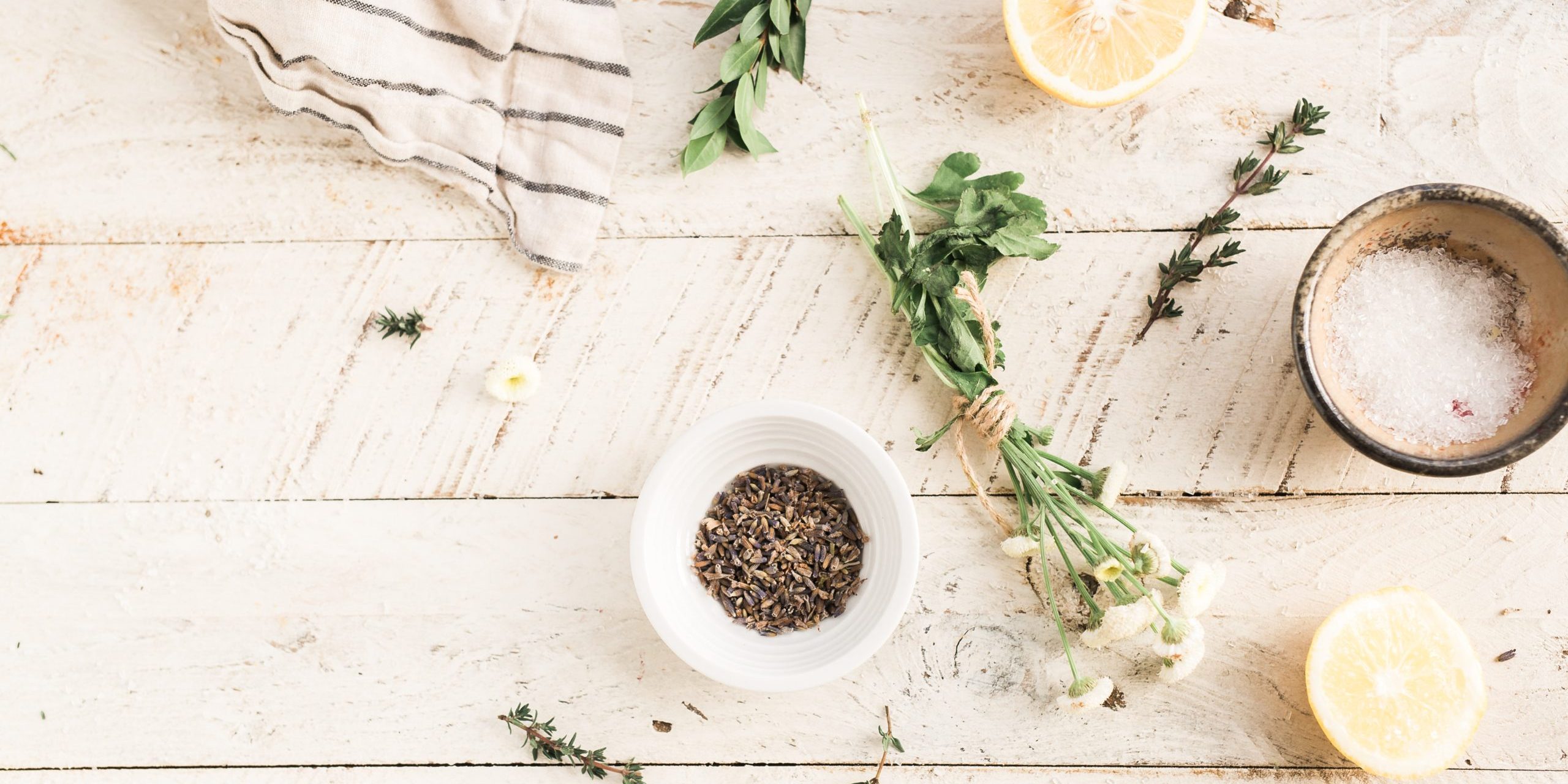As a social worker, it is important to stay apprised on the latest research to best serve the
people I work with. Research consistently shows the value of utilizing multiple modes of treatment at the same time, such as medication management, individual therapy, group therapy, and/or couples counseling or family therapy to get the most out of treatment. Too often, people rely on one source and sometimes is not enough or takes too long for people to find symptom relief. Therapy alone or medication alone can often take much longer for symptoms to reduce. People want relief from their symptoms as quickly as possible, so increasing the modalities of treatment can help people reduce suffering, improve symptoms quicker, and gain back control over their lives. This article will give you tips and tricks to start improving your mental health, as well as links to scientific research to better understand how these various tools, like eating more fruits and vegetables, essential oils, or taking supplements, might help you today.
Prescribed Medications
Many people do not want to and do not believe in medications. Rightly so, many people in recovery from addiction or hoping to reduce symptoms of addiction, find it difficult to start relying on something else, such as medication, to help alleviate symptoms. Most medications prescribed for mental health conditions like anxiety or depression are non-addictive. Taking medications does come with risks and benefits, so it is important to talk with the medication prescriber about risks and benefits, as well as how long you expect or want to be on the medication, side effects, withdrawal effects, and the process of tapering off medications when ready. These are all important questions to ask when considering starting medication.
Something many people do not realize is how much control humans really do have over the balance of chemicals in their brains. Mental health diagnoses, like depression, anxiety, bipolar disorder, and schizophrenia are affected by chemicals in the brain, such as dopamine, and serotonin. Many of the medications prescribed for these disorders help to balance such chemicals in the brain. There are also natural ways to help balance these chemicals in the brain, such as a healthy diet, eating more fruits and vegetables, limiting processed carbohydrates and sugar, regular exercise, meditation, yoga, laughing, or spending time with family and friends.
Brain Chemicals and How to Increase Their Flow
For instance, the brain increases dopamine whenever you eat a satisfying food you like, watch a sunset, or complete a task on your to-do list. If there is a task you have been dreading or something you have wanted to complete for a while but have not had the energy or the motivation to complete, start with a small task and immediately reap the reward. Dopamine is immediately activated once a task, any task, even a small task like doing the dishes is done. Serotonin, which is the brain’s mood stabilizer and is thought to be a major player in depression and anxiety, is improved through exercising, such as jogging or bike riding, swimming, taking a walk or spending time in nature, and through meditating. Oxytocin, the love hormone which is responsible for happiness related to human connectedness and supremely helps reduce feelings of loneliness, is pumped into the brain whenever you play with a child or a pet, hug someone, give someone a complement or tell someone you love how much you admire them. Endorphins, which are the chemicals that naturally reduce pain in the body and is the brain’s “pain killer,” are activated through exercise, eating dark chocolate, using essential oils, laughing, or watching a comedy.
Other ways to naturally improve mental health and alleviate symptoms of depression, anxiety, or bipolar disorder, and improve mood stability have been found through taking supplements. Supplements such as vitamin B, lithium orotate, calcium and magnesium, have been found to have a substantial effect on alleviating symptoms of sadness, loneliness, anxiety, or racing thoughts. See this scientific research published by the Nutrition Journal on various supplements that can help improve mental health and alleviate symptoms.
Next Steps
While psychotherapy and medication management are some of the most effective ways to reduce symptoms of anxiety and depression, as well as many other mental health diagnoses, substance use disorders, and personality disorders, there are many things you can try to do on your own to start alleviating symptoms today. If you try these natural ways to reduce your symptoms and still have not tried therapy or medication management, call for a free consult today to see how psychotherapy might help. While I am not a medication prescriber, I can certainly help you find a reputable provider to work with us as a part of the team to improve your pain or suffering. The more people working with you, the quicker you will improve and find relief from your symptoms.
If you have other tips or tricks that have helped you, please comment below. Share your successes and what has helped you so that you might help someone else. In the process of helping someone else you will increase both dopamine and oxytocin levels in the brain, improving your overall mental health and how you feel about yourself.
I hope this article helped give you some natural ways to improve your mental health. If you have any questions, feel free to contact me, or also I provide free phone consults and free linking to resources to anyone who needs them. Share this article with anyone you think might benefit to help someone who might need your help today.







